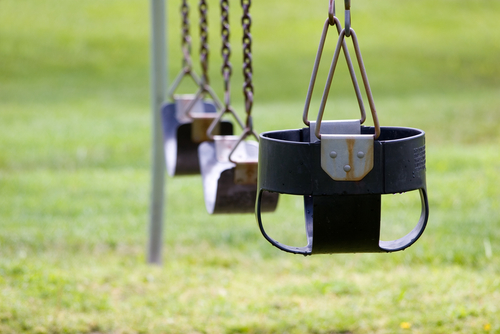Retirement
How not having children could cost you £140,000

On Budget Day the much anticipated Residence Nil Rate Band (RNRB) for inheritance tax (IHT) was announced. Couples can now leave a home valued at up to £1m free of IHT to their children and grandchildren.
This policy is discriminatory, and is facing calls for a rethink. If you are among the one fifth of couples without children, and you wish to leave your home to a nephew, niece, godchild, sibling, parent or friend, this tax relief does not apply – which could cost you £140,000.
RNRB only applies to deaths that happen after 6 April 2017. Also, the full £1m tax free allowance will only be available from 6 April 2020 in particular circumstances. RNRB has been set at the following levels up to tax year 2020/21:
- £100,000 in 2017/18
- £125,000 in 2018/19
- £150,000 in 2019/20
- £175,000 in 2020/21
So, how do you secure the promised £1m allowance and the £140,000 IHT saving? You combine the existing IHT allowance, the Nil Rate Band (NRB) of £325,000 per person, and the new RNRB in the following circumstances:
- On the death of the first spouse, who has made no lifetime gifts in the seven years prior to death, they leave the entirety of their estate to the surviving spouse. As no lifetime gifts were made, the surviving spouse therefore inherits a full NRB of £325,000, and also a full RNRB.
- If the surviving spouse, who has made no lifetime gifts in the seven years prior to death, dies after 6 April 2020 they have the benefit of both their own and their deceased spouse’s NRB, and two RNRBs of £175,000. They can leave the family home valued at up to £1m tax free to their children. In comparison to a childless couple they have saved £140,000 in tax.
Importantly, the RNRB tapers and then disappears for estates worth more than £2m. There is a £1 reduction in RNRB for every £2 that estates exceed the £2m figure, and so if a couple’s combined estate is worth more than £2.35m no RNRB is available and there is no IHT saving.
RNRB will only apply to properties were a residence for the deceased, and so buy-to-let/investment properties will not receive an IHT saving, but holiday homes might. RNRB can only be set against the value of one residence, and so for estates with a family home and a holiday home careful planning by the executors will be required in the allocation of NRB and RNRB.
One advantage is if you downsize, or go into residential care, RNRB will still be preserved so long as the smaller replacement property, or assets of an equivalent value, is left to direct descendants.
What should couples with children do now? RNRB applies only on death and does not apply to lifetime gifts of property, unlike the NRB. Also NRB is a fixed amount regardless of the size of the estate, while RNRB tapers to nothing for larger estates. If lifetime gifts are planned it may be better to make gifts of assets other than residences which can benefit from RNRB, ideally reducing the combined value of estates below £2m so the full RNRB is available.
What should couples without children do now? I recommend protesting this discriminatory policy by petitioning the Government.
Stephen Woodward is a consultant at law firm Payne Hicks Beach
[article_related_posts]